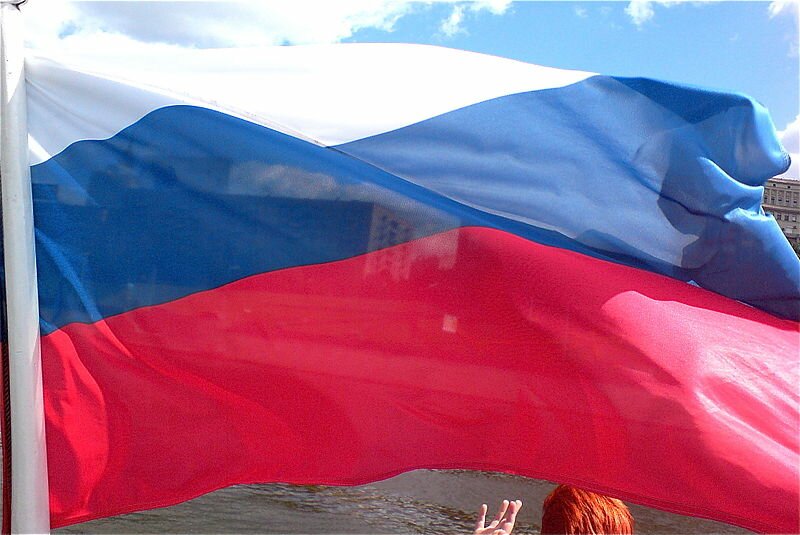Correspondent (Europe)
VILNIUS – Last week in the meeting of the EU heads it was discussed that Russian economic policies were unfair towards some Easter European countries. Restrictions that Russia imposed towards Lithuanian dairy products were taken into account in the World Trade Organisation meeting before as well. Since Lithuania has started Presidency of the Council of the European Union in July, Russia seems to be throwing spanner in the Lithuanian economics.
It is nothing new for Lithuanian lorry drivers to be stuck at the border as this happens from time to time. However, this time, Russia announced a ban on dairy products. The reason for that being poor quality check even though last year’s quality checks have been improved more due to European Commission standards. The EU officers together with Lithuanian officers reason it as a political decision. In result, for the past couple of weeks Russians were prevented from eating Lithuanian products, which, according to specialists, are in some cases better quality than Russian dairy products. Only third of Russian dairy products classify for the highest class. For Lithuania, it is highly affecting economics, since a big part of dairy products is exported to Russia. European Commission said it is concerned with Russian policies and the situation is being closely followed as well as it will be thoroughly examined in WTO. After sacking the CEO of the Committee of the Russian Consumer Rights watchdog Rospotrebnadzor couple of days ago, the quality of Lithuanian dairy products was finally agreed as satisfying and dairy products will reach Russian market again.
Another matter concerning Lithuanian-Russian affairs is gas import. Lithuania is highly dependent on gas supply from Russia, yet there are constant talks about new ways of securing the provision of it. One of the projects is liquid gas terminal that should be done by 2014. This plan could significantly reduce Lithuania’s reliance on Russian gas supply, hence analysts are warning about different ways that Russia might try preventing this from becoming effective. Analysts suggest that successful leadership of the Council of the EU influenced the main gas provider Gazprom to keep the gas prices up. After Gazprom CEO met Lithuanian PM A. Butkevicius it was clear that Lithuania is not going to do any favours for cheaper gas. As a result of that, in the following days, export lorries from Lithuania were started to be carefully checked to be stalled at the border. Gazprom is already facing threats of unfair practice of gas prices for ex-soviet bloc countries. Lithuanian overpay for gas is processed in Stockholm Chamber of Commerce Arbitration and Gazprom may face a fine of millions.
Finally, a recent issue regarding the relationships between the two is halting the broadcasting of First Baltic Channel (Piervyj Baltijskij rus.) by one of the biggest televisions in Lithuania, Cgates. Couple of weeks ago, a show that appeared on First Baltic Channel was highly offensive towards January 13, 1991, a day when Soviet Army tanks attacked Lithuanian Parliament and main media stations. Following many complaints from viewers and officials, Russian channel was halted from being broadcasted to Lithuanian viewers. This move faced an appeal from the channel and Russian officials themselves defending the show. As it can be imagined, it attracted even more attention in Lithuania as the wound of January 13 is still open and such shows are regarded as very propagandist and distorting hurtful history.
It seems that the relationship between the two are facing difficulties in more and more spheres. Different analysts provide various conclusions about the recent events. One thing is clear – Russia did not choose good time for provocations. As Lithuanian President D. Grybauskaite said in the meeting of EU heads, the fact that Russia used similar means for a lot of countries, unified Europe. And against Russia, EU now stands as a unit.
Latest posts by Radvile Dauksyte (see all)
- Tension Between Russia and Lithuania Increases - October 28, 2013
- Pies, Glorious Pies! - October 11, 2013
- Greek Government Finds a New Way to Help People During Crisis - October 6, 2013









No comments
Be the first one to leave a comment.